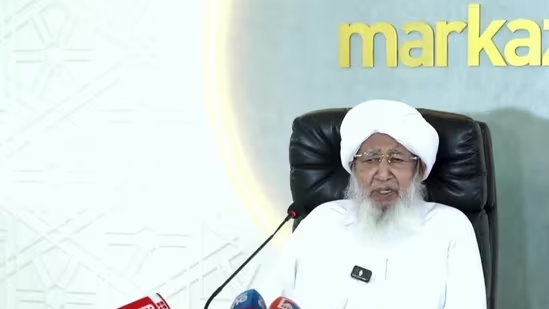
The case of Nimisha Priya, an Indian nurse from Kerala, has been a subject of international attention. Sentenced to death in Yemen, her execution was scheduled for July 16th. However, a last-minute intervention has granted her a stay of execution, offering a glimmer of hope for her family and supporters. This blog post provides a detailed look into her case, the efforts to save her, and the complex legal and political landscape in Yemen.
Nimisha Priya’s Background and Conviction
Nimisha Priya moved to Yemen in 2008 to work as a nurse. She later opened a clinic with a Yemeni citizen, Talal Abdo Mahdi. A dispute between them escalated, with Mahdi reportedly harassing her and confiscating her passport. In an attempt to retrieve her passport, Nimisha, with the help of a friend, administered a sedative to Mahdi. Tragically, an overdose led to his death. She was arrested in 2017, convicted in 2018, and sentenced to death in 2020. The sentence was upheld by the Supreme Court in 2023.
Desperate Efforts to Save Her
In the lead-up to the scheduled execution, a multi-pronged effort was launched to save Nimisha’s life:

- Family’s Sacrifice: Nimisha’s family sold their house to raise “blood money” (Diyya), a compensation offered to the victim’s family under Sharia law.
- Diplomatic Efforts: The Indian government, led by External Affairs Minister S. Jaishankar, made diplomatic efforts to intervene. The government also contributed 34 lakh rupees towards the blood money.
- Legal Action: The “Save Nimisha Priya Action Council” filed a petition in India’s Supreme Court on July 14th, urging the government to take all possible measures.
Challenges in a War-Torn Nation
India’s efforts were complicated by the political instability in Yemen. The country lacks a stable government and is largely controlled by Houthi rebels, with whom India has no diplomatic relations. The area where the crime occurred, Sana’a, is under Houthi control, making direct government intervention extremely difficult.
The Role of a Muslim Leader
The execution was stayed just 24 hours before it was to be carried out, thanks to the intervention of a Sunni cleric from Kerala, Kanthapuram A. P. Aboobacker Musliyar, also known as the Grand Mufti of India. Using his influence and connections with religious leaders in Yemen, he mediated with Mahdi’s family. A temporary office was set up in Kerala to facilitate these discussions, which ultimately led to the successful postponement of the execution.
Understanding Blood Money and Sharia Law
Under Sharia law in Yemen, a person convicted of murder can be pardoned if the victim’s family accepts “blood money” (Diyya). The amount is determined through negotiations. While Mahdi’s family could have sought “Qisas” (retaliation in kind), the mediation by Muslim leaders has opened the door for discussions about accepting blood money.
The Road Ahead
While the postponement of the execution is a significant victory, the future remains uncertain. The vnext date for the execution will be announced later. Nimisha’s release and return to India will depend on whether Mahdi’s family accepts the blood money and if Yemeni law allows for her release from prison.